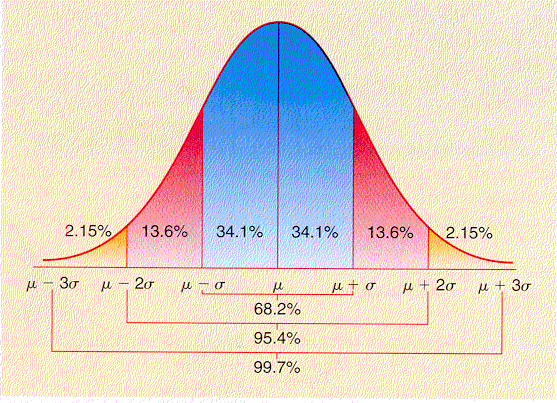There are all sorts of reasons why a blogger may want to be anonymous, and I'm sure it may lead to lots of curiosity, especially for people who read something that sounds familiar, or like someone they know.
I originally thought that people may be respectful of my choice to be anonymous, and leave it at that. Over the past year I've found out otherwise, multiple times. It seems that curiosity often overrides respect for privacy nowadays, a sad reality to consider.
Which has compelled me to explicitly state my own need and reasons for anonymity.
I wrote about being a psych grad student here, and by nature that means this blog has a half-life. The type of writing and disclosure I allow myself on a blog -talking about my own feelings, experiences, perceptions, beliefs -is a wonderful experience, but based on my own training in grad school, I feel it is not appropriate for a practicing psychologist.
A quick explanation on that point: therapy should not be about the therapist, and while there are times that divulging some feelings or personal experiences may be beneficial for a client and should be weighed carefully on a case-by-case basis, having too much of the therapist's life/thoughts/feelings/experiences may change the focus of therapy, which ultimately is worse for clients.
Having so much of my own experience, feelings, beliefs and insecurities publicly posted is a risk I take, one that is tempered and I permit through the protection afforded by a thin veil of anonymity. When I do finally begin practicing -years from now -it's a risk I very likely will not allow, for the integrity of my work.
Sharing my deep thoughts, pains, desires is a joy in more ways than I can express. I'm sure I will continue to do so in my own way even when I do not have this blog, but not publicly with my name attached to it.
So each time someone tells another person my name this blog becomes more public and less anonymous, leading me to a dilemma. Because, like roaches and mice in New York apartments, for every one you see there are forty others you don't. Every time I find out my anonymity is breached, I have to revisit the concern and potential responsibility to end this blog.
 With each person who finds out who I am, I feel the clock ticking towards the day this blog will end.
With each person who finds out who I am, I feel the clock ticking towards the day this blog will end. This year alone, I have revisited the concern more times than I am comfortable with. I could ask that those of you who read the blog, who find familiarity and have curiosity help maintain that thin layer of protection, to curtail your curiosity or at the very least hold it in and keep it to yourself. Doing so would be a great contribution towards keeping this blog up longer.
In the end, this is mostly out of my control. For anyone who respects my choice for anonymity, you have my appreciation and my thanks.


